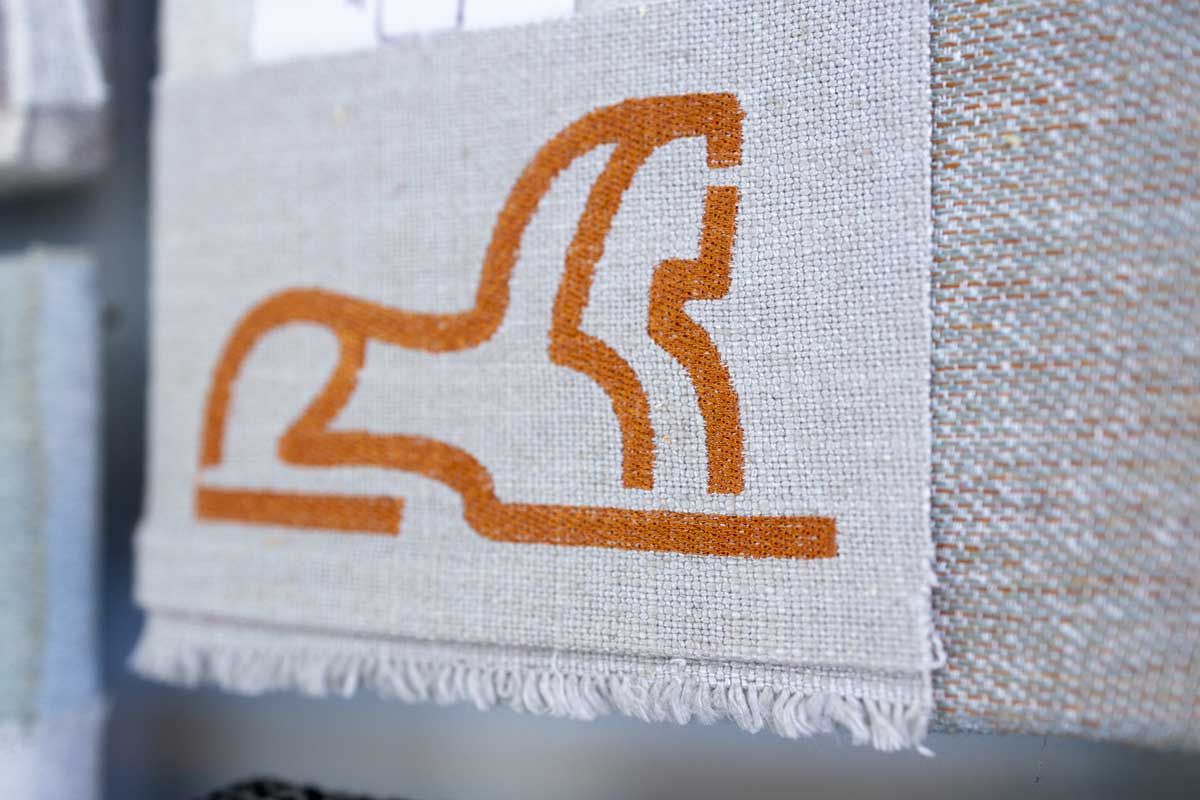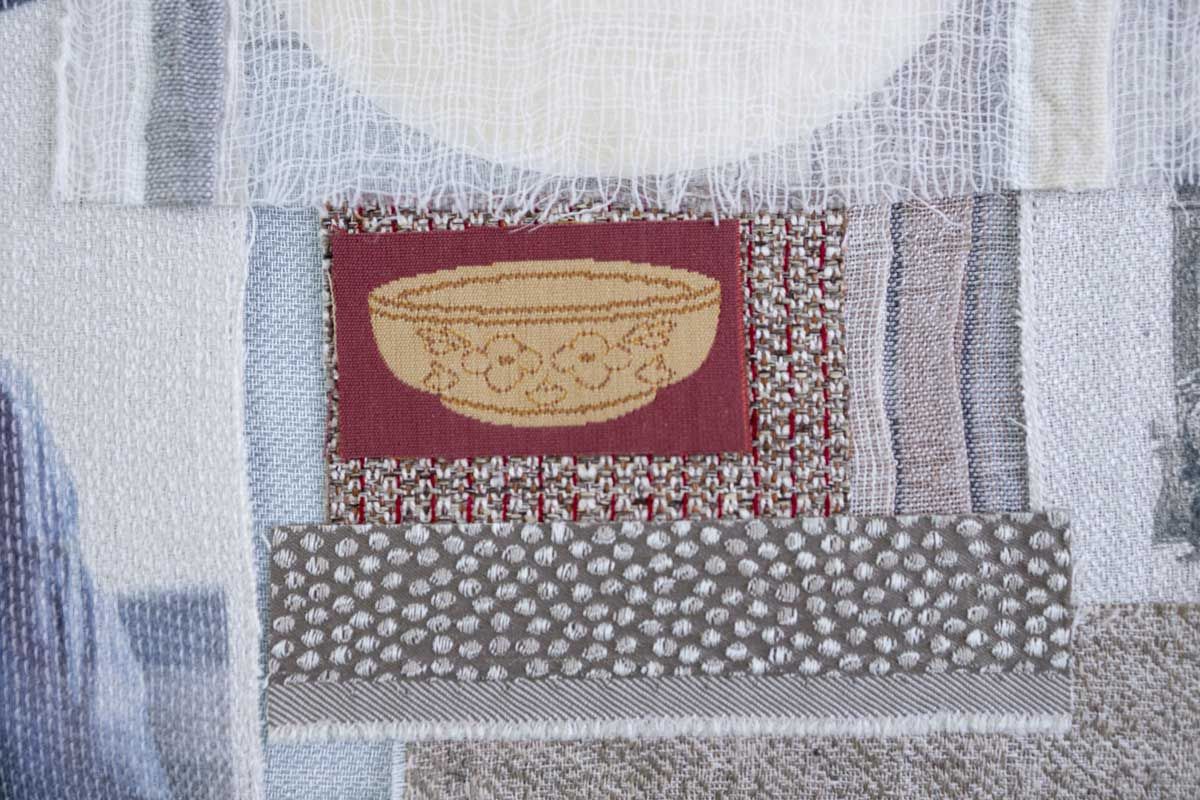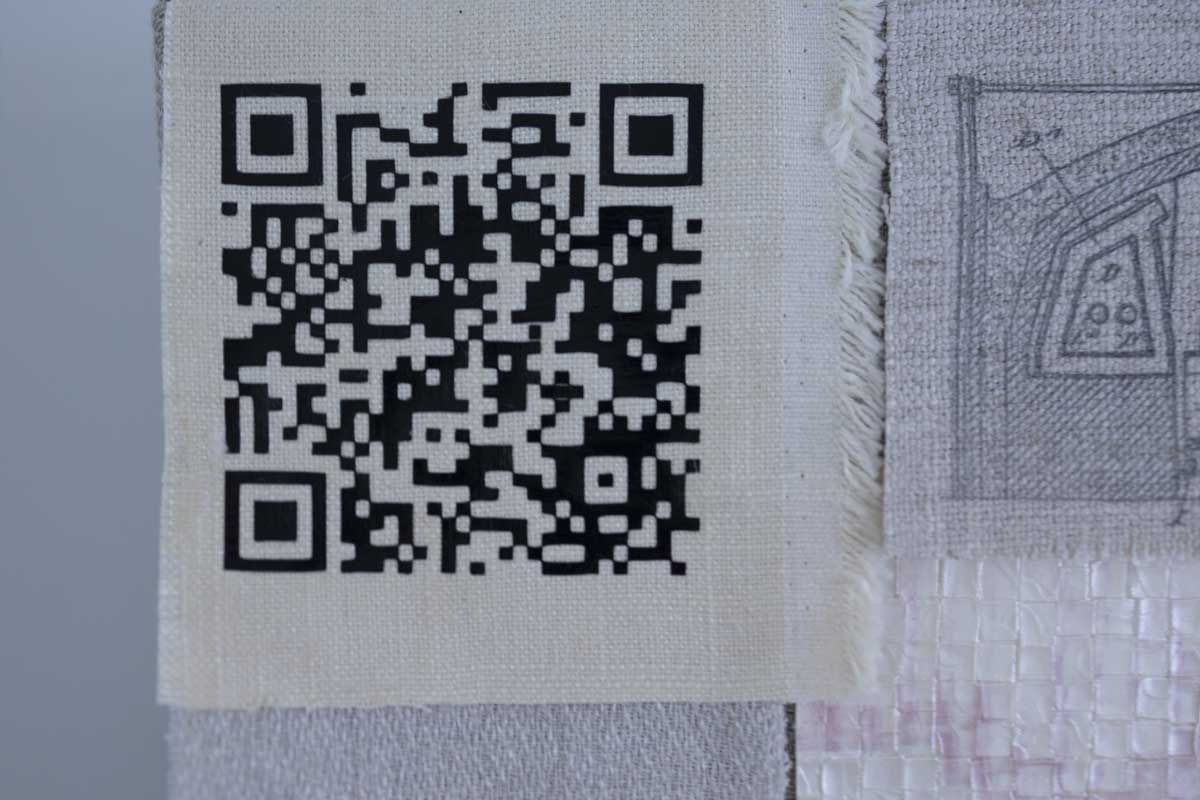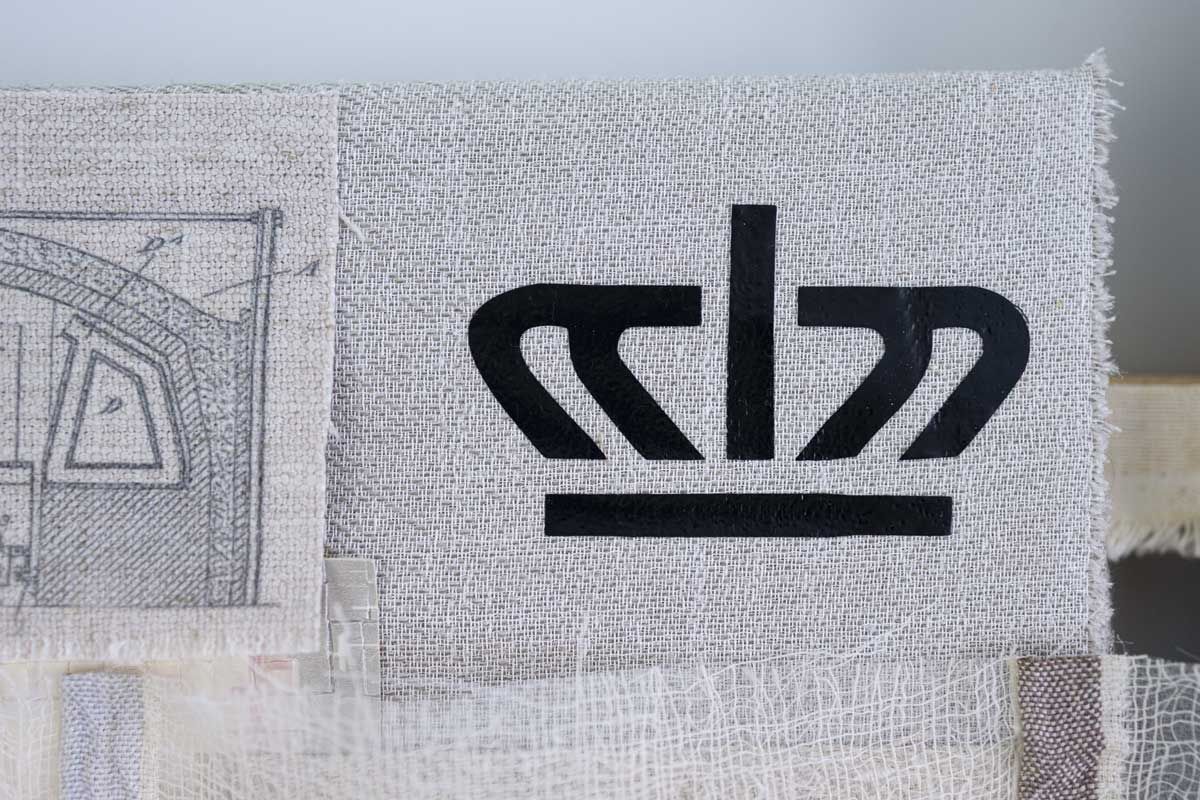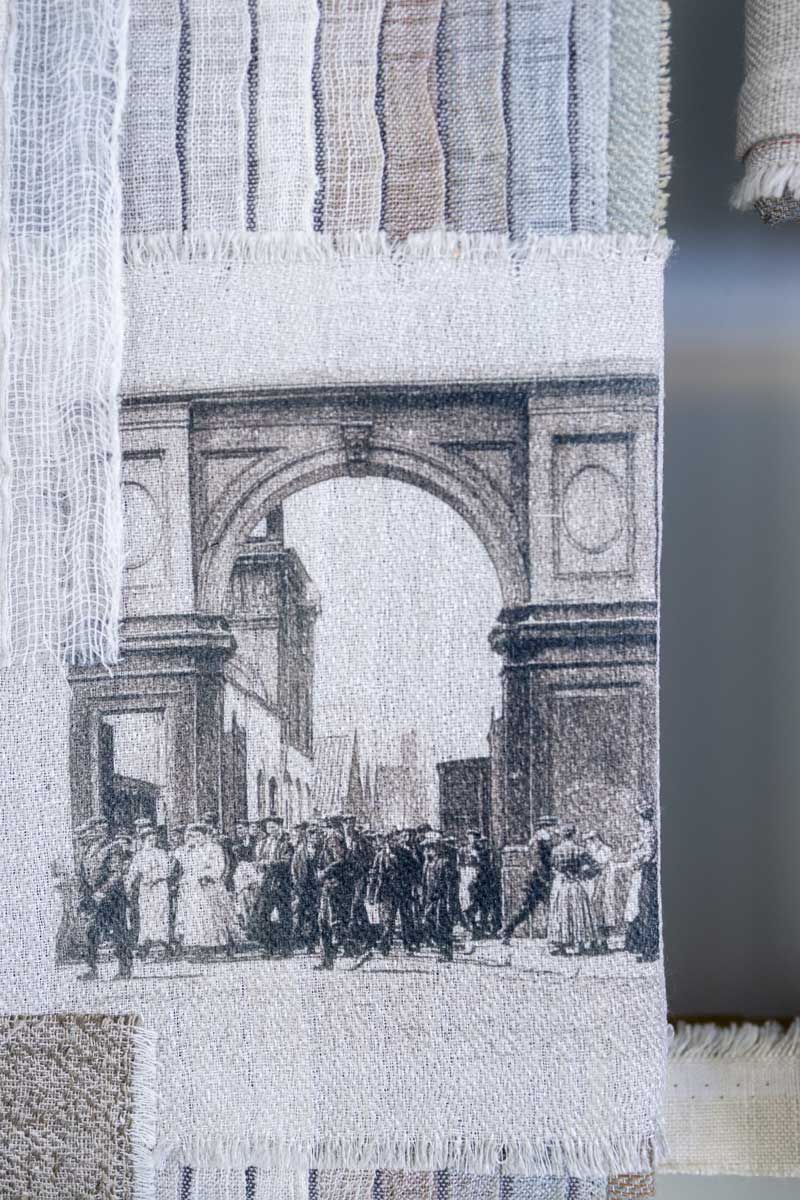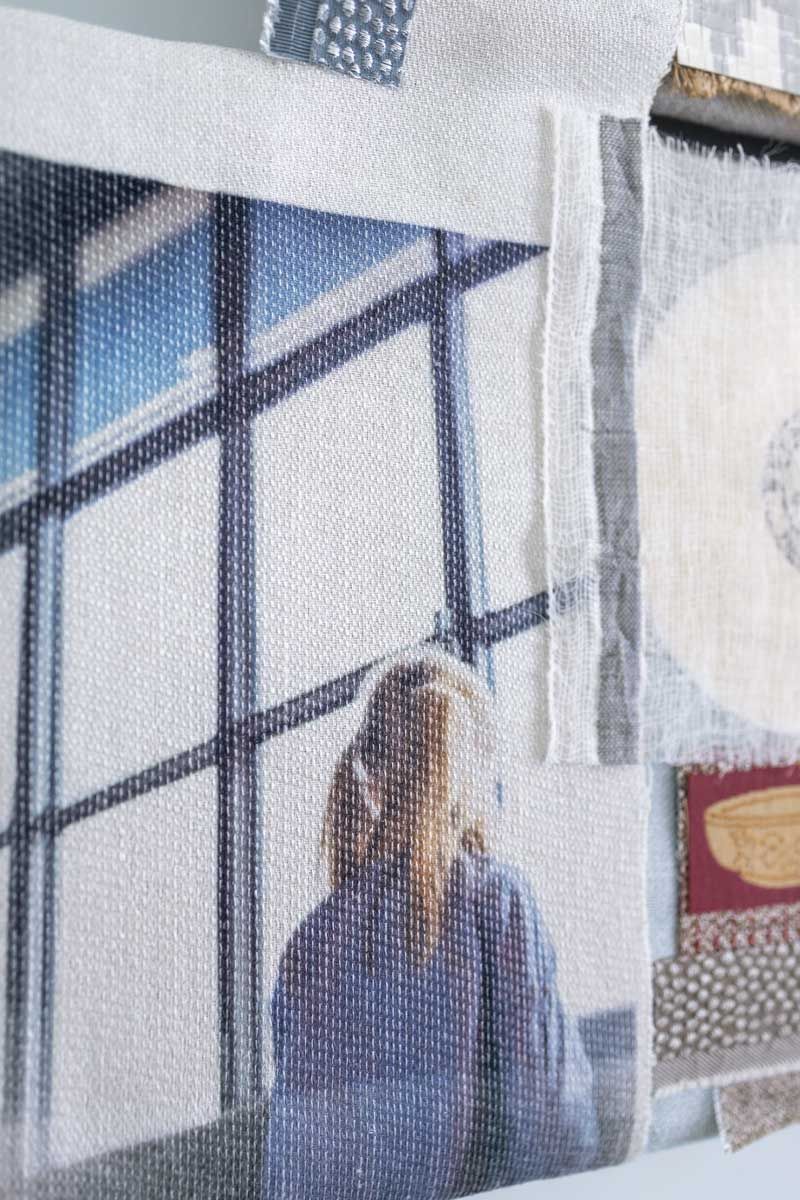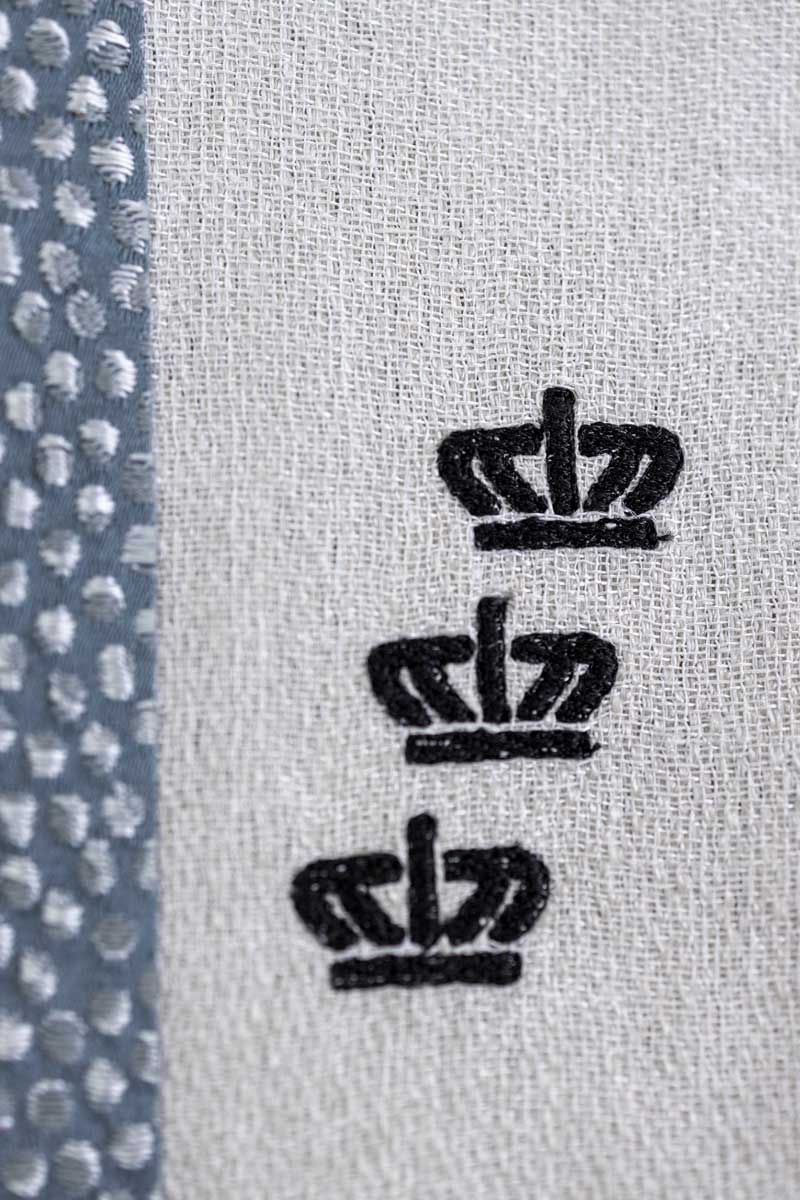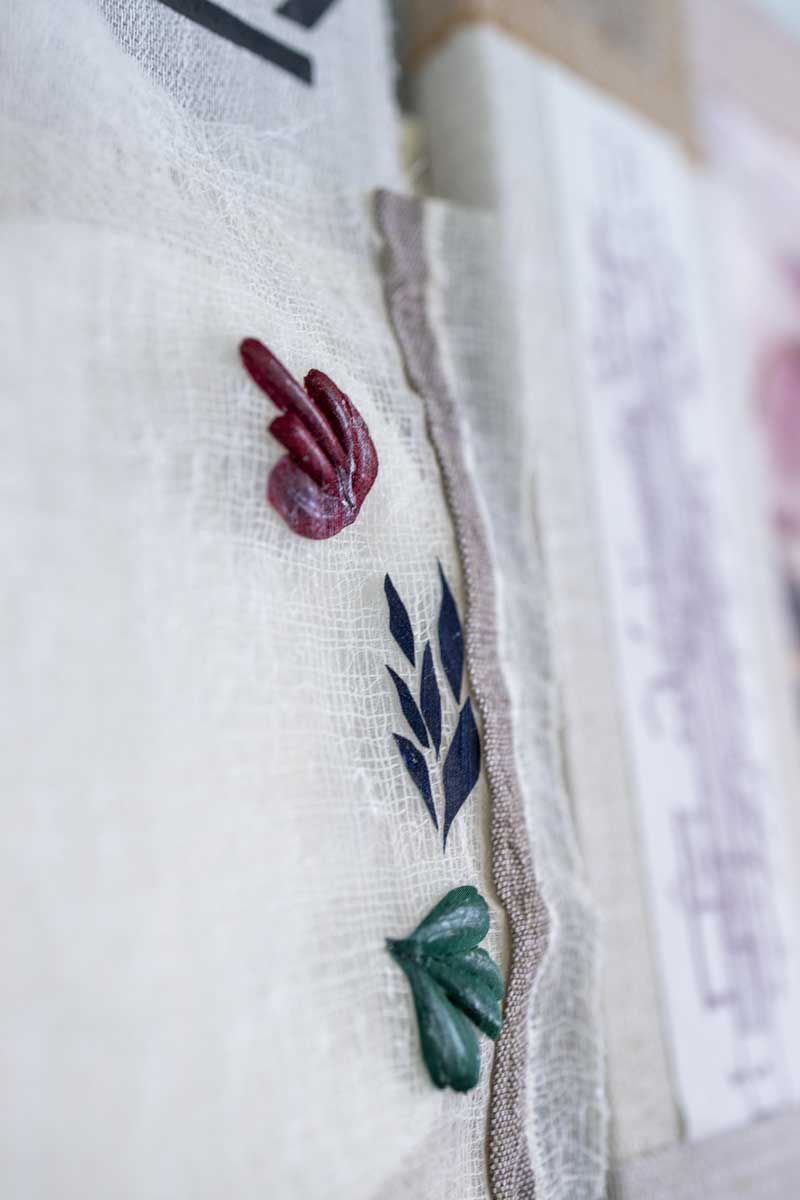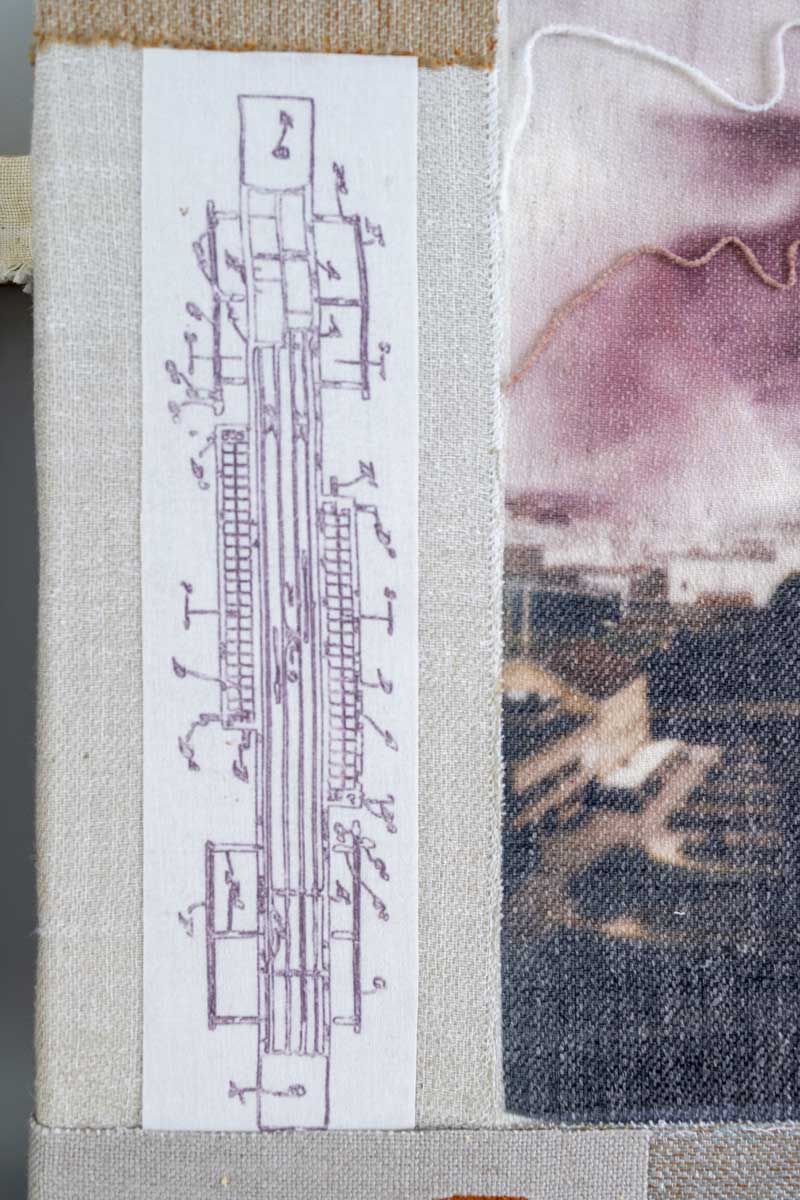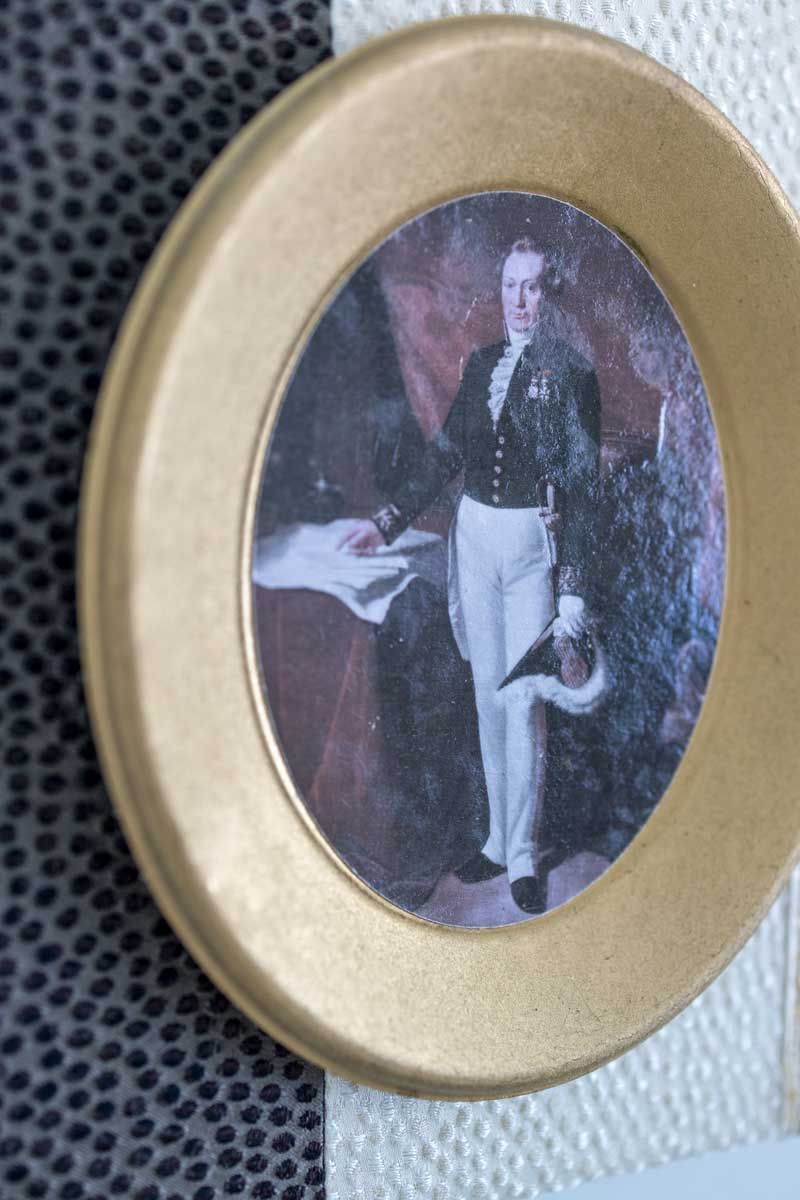Sphinx
Repurposed textiles, wood, disposable plates
83 x 72 x 9 cm
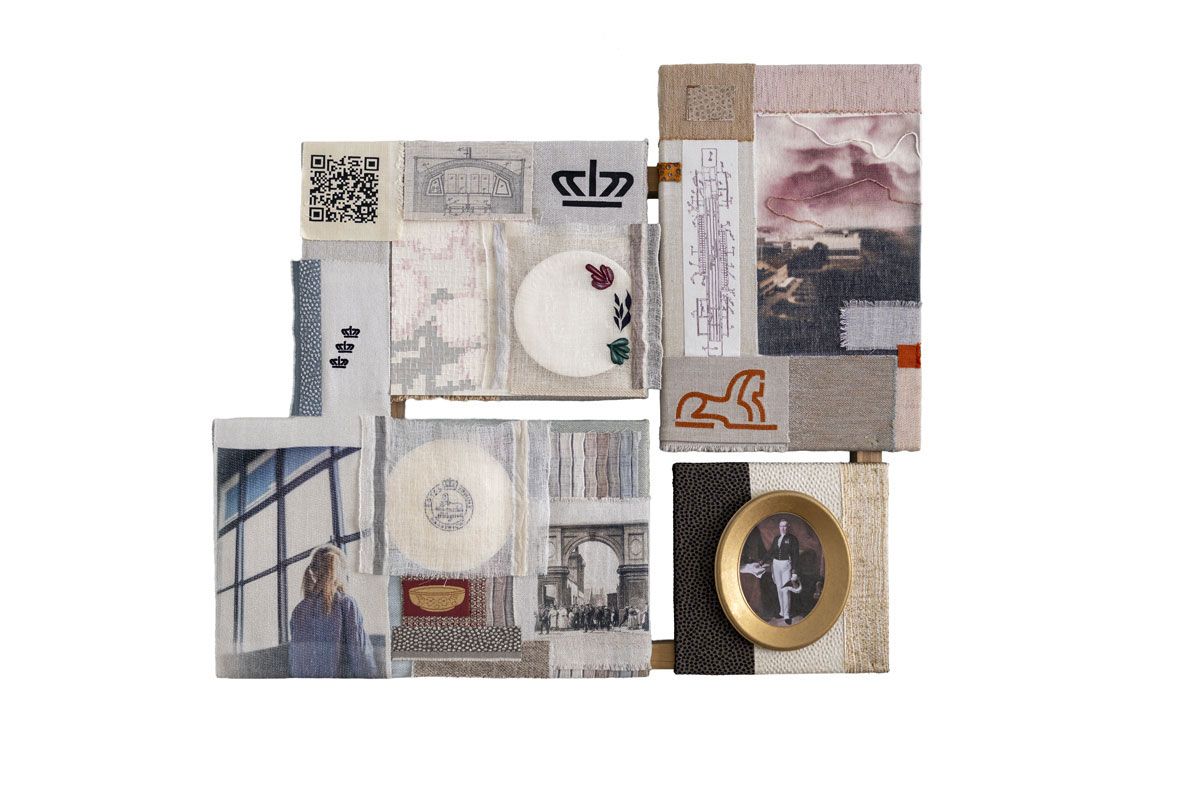
Upcycled objects:
Pieces of curtain, old bedsheet, disposable plates, fabric samples from sample books, silk fragments from lampshade workshop, old picture frames from discarded paintings.
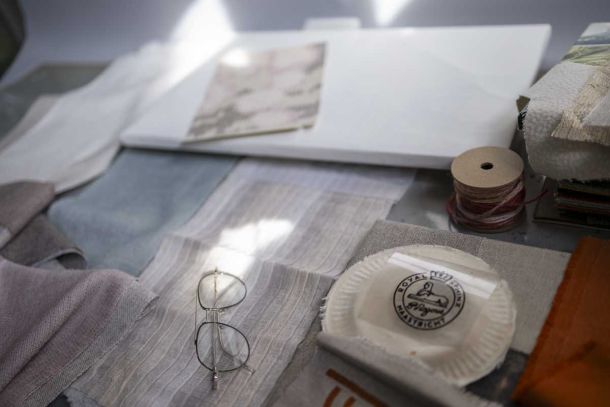
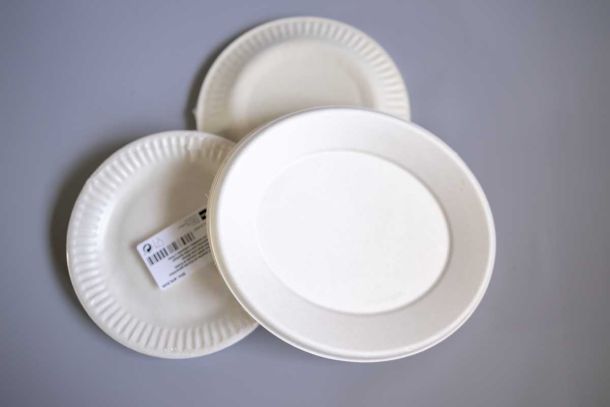
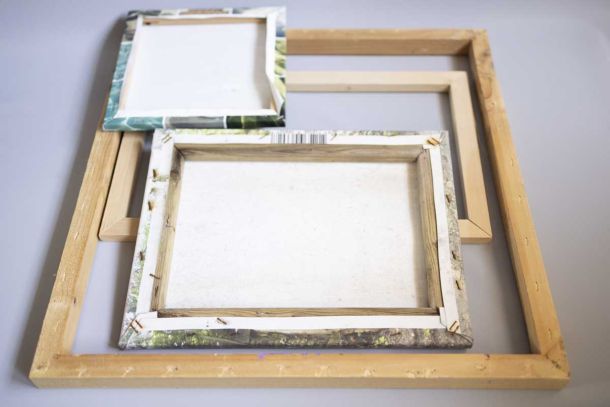
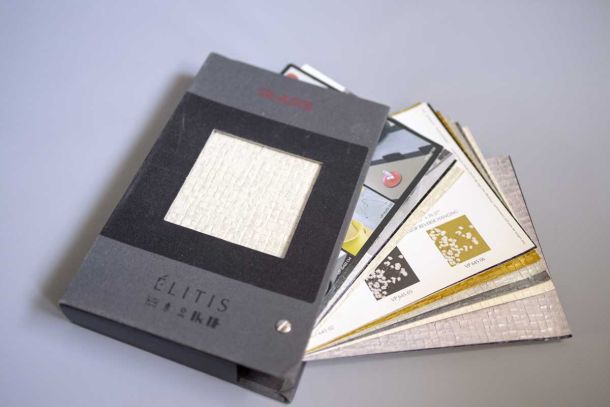
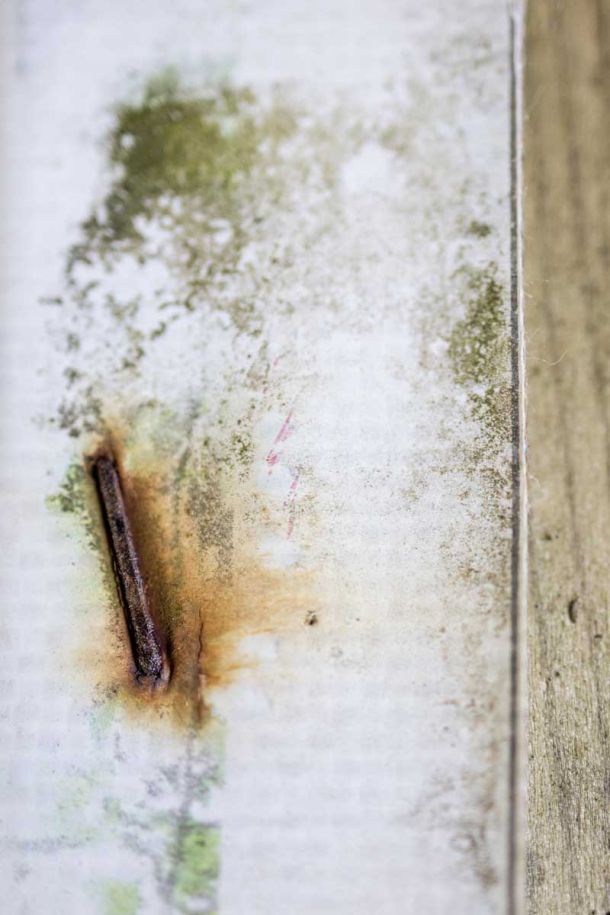
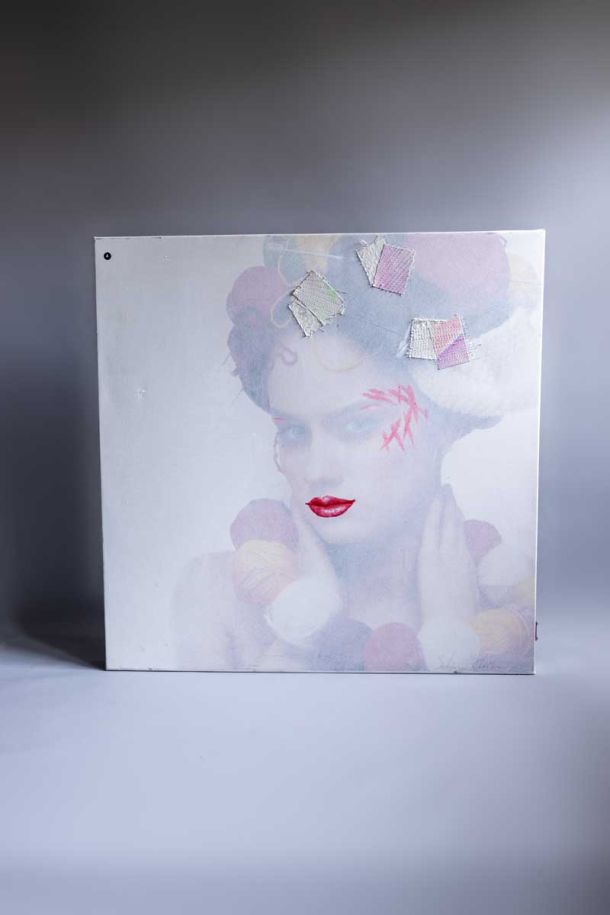
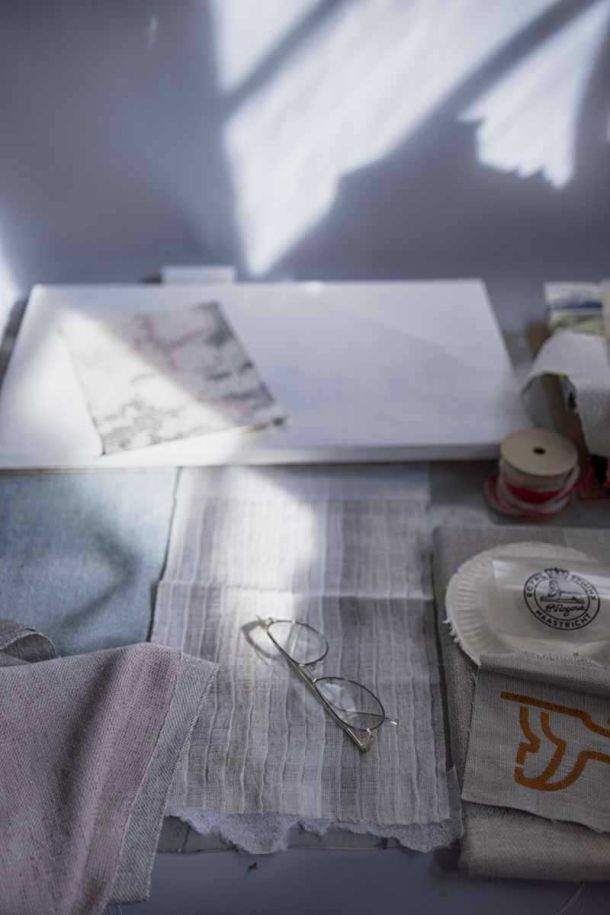
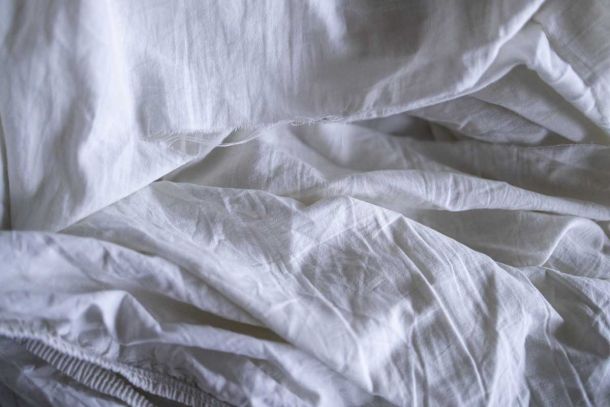
Self-shot photographs used in the piece
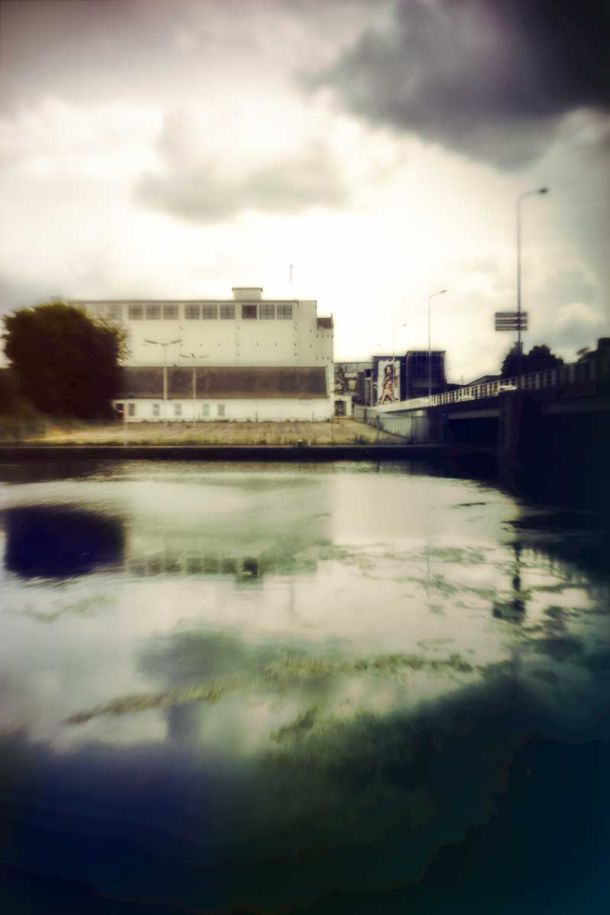
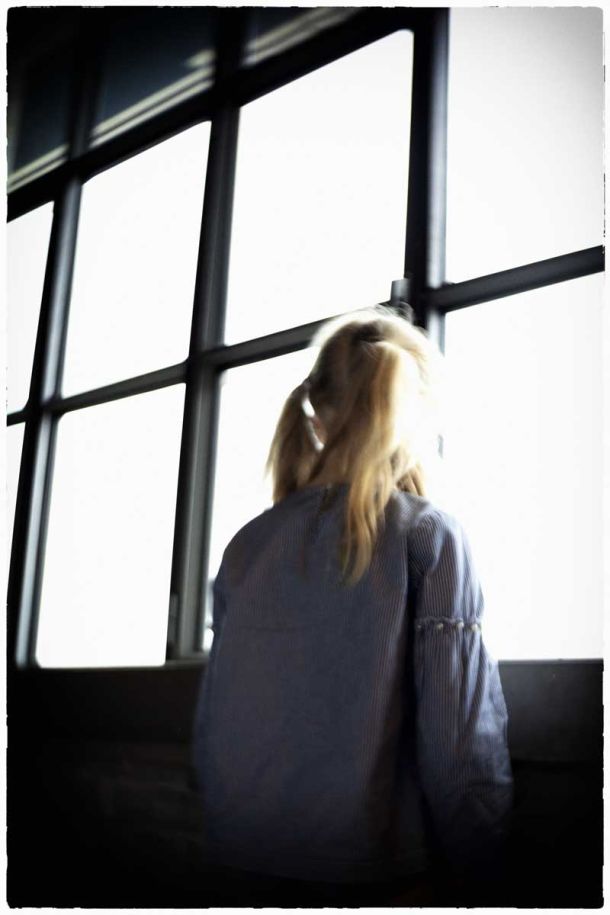
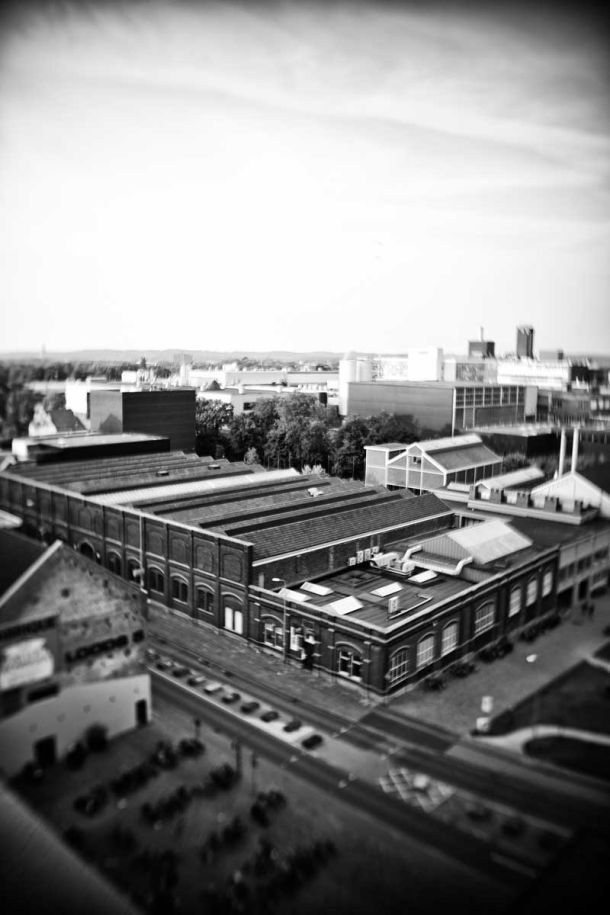
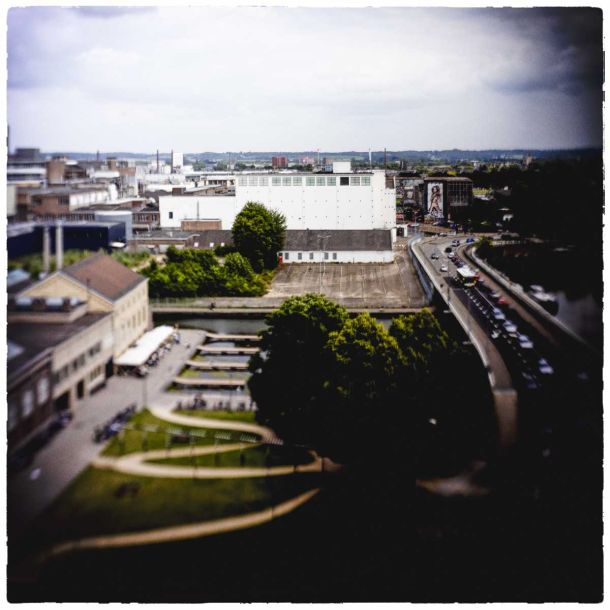
This project is about entrepreneurship, leadership, innovation and growth — but it also traces darker undercurrents: child labor, pollution, inequality and family rivalry.
Over the past weeks, I’ve been researching the rise and fall of one of the Netherlands’ earliest industrial pioneers: Petrus Regout, founder of the Sphinx ceramics factory in Maastricht and a key figure in the Dutch industrial revolution.
His story is one of extraordinary ambition. In the 19th century, he built a modern empire — introducing steam power, mass production and global export long before others dared. But this success came at a cost.
The factory relied on cheap labor, including women and children. Entire families worked under harsh conditions to produce cups, tiles and sanitary ware for the growing European market. Regout’s empire reshaped Maastricht economically, physically and socially — but it also deepened class divides and sparked tensions that echoed through generations.
What once stood for innovation and national pride now carries the weight of everything gained and lost.
Today, the site is being transformed into a modern city center — a trendy leisure and student hotspot. The photos in this series were taken there, in and around the former Sphinx complex, now partially converted into a hotel and creative space. Some of the materials I used were gathered directly from that area.
A small QR code is stitched into the work links to an online archive on Are.na where I collect research fragments, visual notes and reflections behind this piece.
This is not just historical research. It’s a personal journey into the material and ideological legacy of industry — told through texture, image and form.
What do we build? Who benefits? Who remembers?
